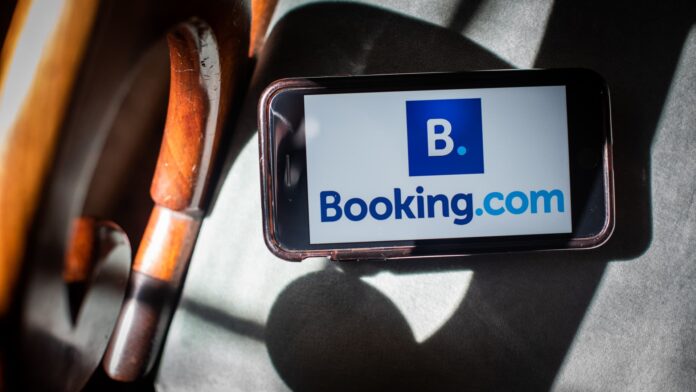Internet stocks took a heavy blow during the first half of 2022 as rising inflation spooked investors away from the growth sector, which is among those most sensitive to rising interest rates. Further pain is ahead as the economy shows signs of softening consumer demand, but some stocks may weather the storm better than others, according to Evercore ISI. “We began the year ‘muted’ and ‘cautious’ on the Net Sector,” analyst Mark Mahaney said in a note to clients Wednesday. “We remain that way.” Mahaney cut estimates and price targets across the sector as recession risks rise, but nonetheless named a host of internet stocks he believes are better positioned than peers in the current economy. Companies geared toward consumer spending saw the largest reductions in earnings estimates, though Mahaney continues to favor names with high free cash flow yields, which he believes can “best maintain their values.” He also likes “dislocated high quality stocks” that are recovery plays and offer better valuations and business models. Here are some of the best-positioned names: Shares of Amazon have plummeted 31% this year. While Evercore ISI sees risks to Wall Street’s third-quarter revenue expectations for the e-commerce stock as consumer discretionary spending slows, it trades at a huge discount to pre-Covid values and could gain as supply chain issues ease. Amazon and Meta Platforms “are trading at 40% discounts to their pre-Covid multiples yet maintain two of the most robust long-term fundamental profiles in the sector, including revenue growth acceleration and margin recovery” in the second half, Mahaney wrote. Meta has tumbled more than 49% this year, but the Facebook parent maintains high margins and a forecast for 2023 free cash flow yield above 7%, Mahaney wrote. He expects Meta to kick-start revenue growth in the second half as it takes advantage of Reels and other business areas. Stocks like Airbnb and Bookings took a hit as pandemic lockdowns curbed travel, and as the dollar rallied against the euro. While both companies could see further downside as discretionary spending slows, they could also benefit from pent-up demand for travel that was halted during the pandemic. Shares of Airbnb and Bookings are off 44% and 26%, respectively, this year. “We see travel spend as more of a ’23 recession risk than a ’22 recession risk,” Mahaney said. Lyft is another contender, down 69% this year and 77% from pre-Covid levels, that could benefit from a ride-sharing recovery. The company’s free cash flow yield is 15.4%. — CNBC’s Michael Bloom contributed reporting
© heardonwallstreet.com


